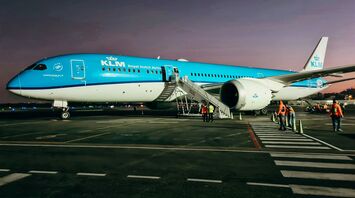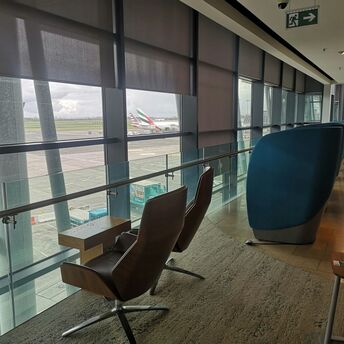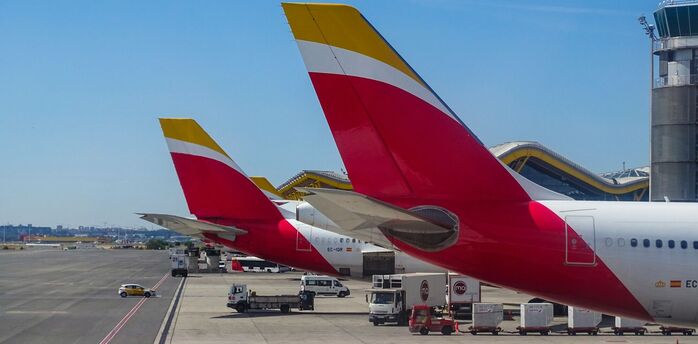KLM Parks Cityhopper Embraer E195-E2s at Twente Airport Due to Pratt & Whitney Engine Issues

KLM Cityhopper has grounded part of its Embraer E195-E2 fleet due to issues with Pratt & Whitney’s Geared Turbofan (GTF) engines. Currently, two E195-E2 aircraft are parked at Twente Airport (ENS), with three more grounded at Amsterdam's Schiphol Airport (AMS).
Engine Issues and Grounded Aircraft
The problems with Pratt & Whitney’s GTF engines have affected several aircraft models, including the Airbus A220 and A320neo, as well as the Embraer E2 series. KLM Cityhopper's decision to ground these planes stems from a necessity for extensive engine inspections, which Pratt & Whitney has scheduled sooner than initially planned.
According to KLM, the grounding is a precautionary measure and part of a global adjustment in the maintenance schedule by Pratt & Whitney. This revised schedule has impacted multiple airlines worldwide. KLM Cityhopper has clarified that the aircraft are parked to allow their engines to be used as replacements, given the global shortage of PW1900G-GTF turbofans.
Aircraft and Grounding Details
KLM Cityhopper operates 18 Embraer E195-E2s, with eight more on order. The aircraft grounded are registered as follows:
- PH-NXA: Sent to ENS on June 11
- PH-NXD: Sent to ENS on June 11
- PH-NXG: Grounded in AMS since May 19
- PH-NXH: Grounded in AMS since February 6
- PH-NXJ: Grounded in AMS since May 26
While the engine troubles have not been specifically attributed to the three aircraft grounded at AMS, the grounding could be related to fitting replacement engines sourced from the planes parked at Twente.
Impact on Operations
KLM has assured that the grounding of these aircraft will not disrupt passenger services. The airline had already accounted for the extended downtime of these aircraft in its summer flight schedules. KLM is working closely with Pratt & Whitney and Embraer to expedite the engine maintenance process and minimize the time the aircraft are out of service.
Broader Context of GTF Engine Issues
The GTF engine issues were first identified in July 2023, with RTX (parent company of Pratt & Whitney) announcing that hundreds of engines would need to be inspected due to defects caused by powdered metal contamination. This has affected the A320neo, A220, and Embraer E2 fleets globally. RTX CEO Greg Hayes highlighted the significant impact on customers, partners, and the company, noting the extensive resources dedicated to addressing the issue.
Approximately 600 to 700 engines were expected to be affected by these defects. The manufacturer's revised predictions in January suggested a lower peak level of disruption than initially anticipated.
Affected Airlines
Data from ch-aviation indicates that 89 airlines operate aircraft using the PW1000G engine family. Notable operators include Turkish Airlines and JetBlue, with 67 and 66 A320neos respectively, many of which have faced similar disruptions due to the engine defects.



















